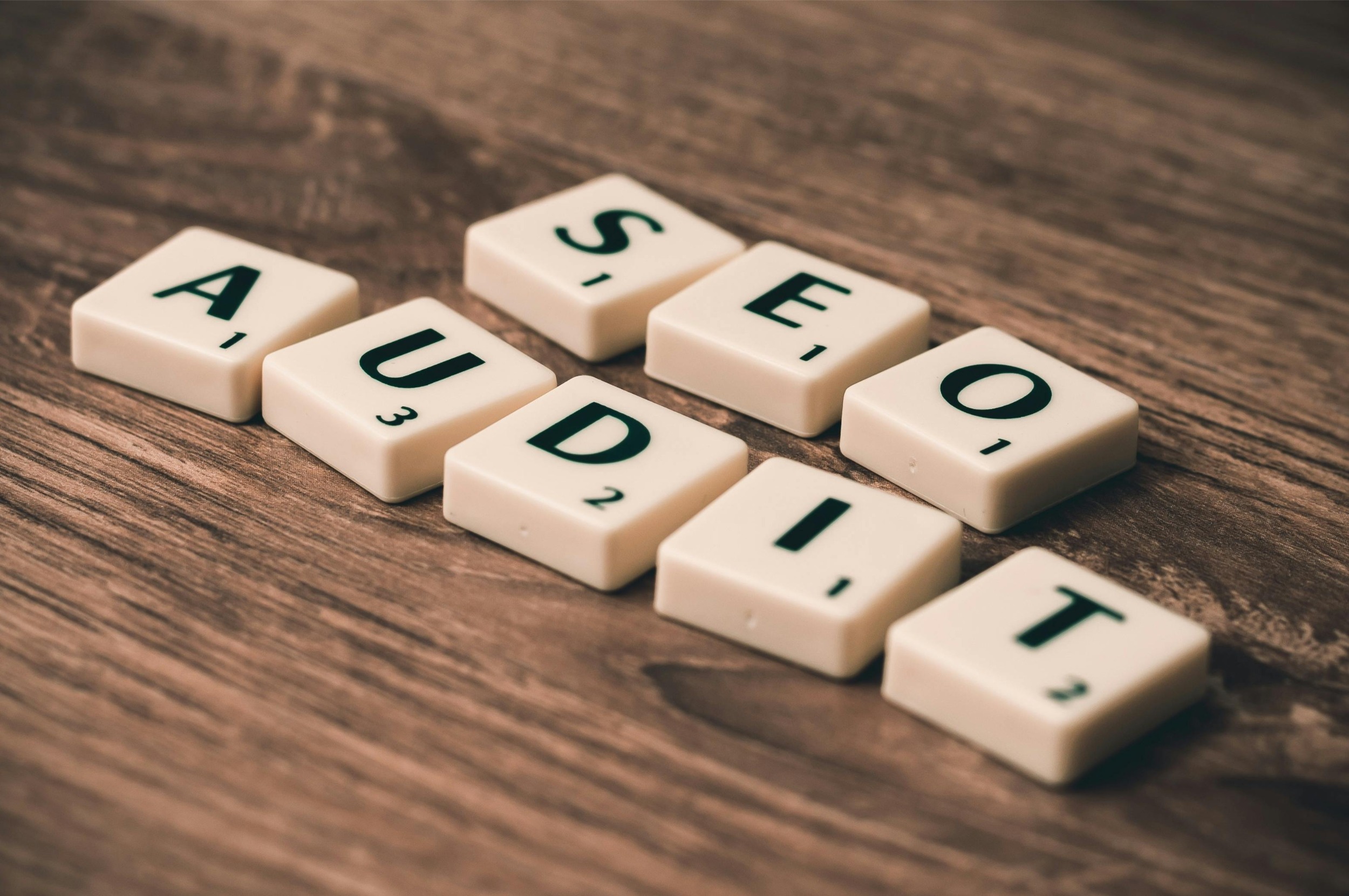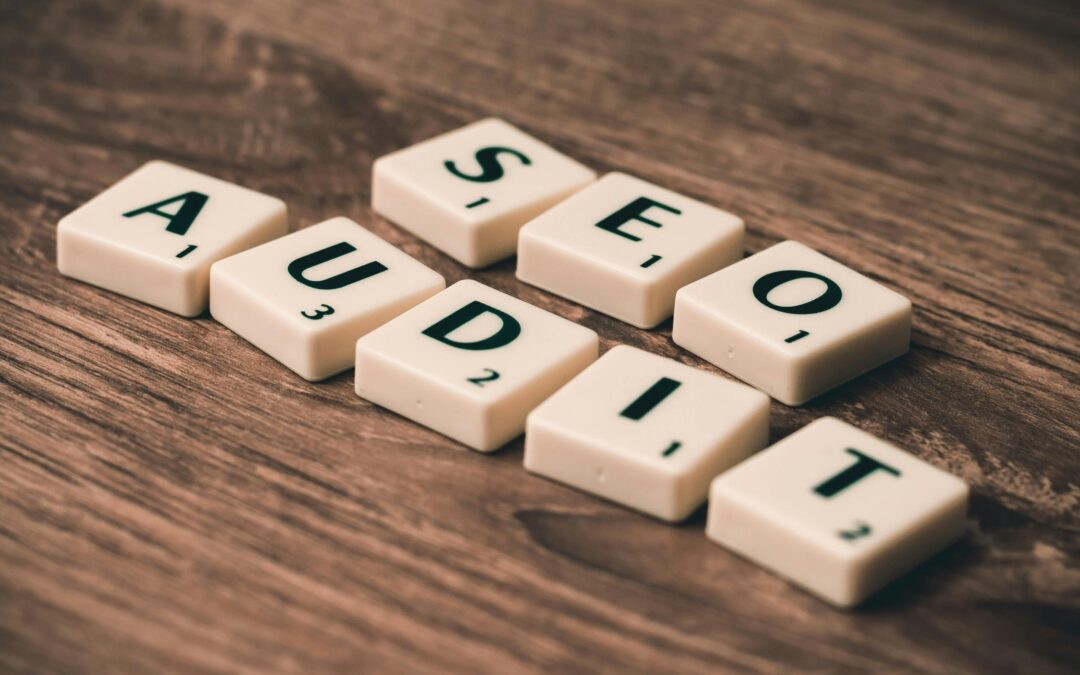Introduction to Outbound Link Optimisation : Tips for effective external linking
Optimising outbound links is an essential component of SEO and digital marketing. Effective external linking can not only boost your website's SEO, but also improve the user experience. In this article, we'll look at a number of tips and techniques for optimising your outbound links and maximising their potential.
Need a website?
Ask for a free quote!
Why is Optimising Outbound Links Crucial?
Outbound link optimisation is a crucial aspect of search engine optimisation (SEO). Outbound links are links that point to another website, and they are essential for providing an optimal user experience and increasing the visibility of your website. They also serve as votes of confidence to search engines, indicating that your content is relevant and of good quality.
That said, without a proper strategy, optimising outbound links can seem a complicated task. There are many questions to ask: how many links do I need? What outbound links should you include in your content? What type of pages should you link to? These questions reflect the complexity of the single theme and deserve in-depth answers to help you develop an effective external linking strategy.
What outbound links should you include in your content? What type of pages should you link to? These questions reflect the complexity of the single theme and deserve in-depth answers to help you develop an effective external linking strategy.
The number of outgoing links
As far as the number of outbound links is concerned, a common theory is that too many outbound links can damage your SEO as they disperse your "link juice" (the value you pass through these links). However, it's important to note that this theory stems from a time when search engines used much less sophisticated SEO algorithms than they do today.
Today, Google values users and using the right number of high-quality outbound links can really improve the user experience. For example, a blog post on "the best camping equipment" could include links to sites selling the equipment mentioned in the article. This gives the reader added value because they don't have to do the research themselves.
Type of pages to link
As for the type of pages to link to, it is essential to link to relevant, good quality pages. Links to sites that offer additional information to readers are highly recommended, as they help to improve the user experience and therefore increase your chances of ranking higher in search engine results.
An example of this could be an article on "the benefits of yoga". If you included links to reliable resources that offer additional information, such as in-depth studies on the health benefits of yoga, this would strengthen your content while providing your readers with more resources.
Connection with Authority Sites
In addition, links to authority sites can also have a significant impact on your external linking efforts. Indeed, when you link to recognised "authority" sites in your field, this increases the relevance of your content in the eyes of the search engines.
also have a significant impact on your external linking efforts. Indeed, when you link to recognised "authority" sites in your field, this increases the relevance of your content in the eyes of the search engines.
For example, if you're writing an article on "how to optimise SEO", you could link to articles or guides from SEO authority sites like Moz, Semrush, or Ahrefs. By doing so, not only are you adding value to your content, but you're also sending a signal to search engines that your content is related and relevant.
Strategic use of Link Anchors
Link anchors (the visible text used for a hypertext link) are essential for an effective external linking strategy. Search engines use anchor text to understand the context and relevance of the linked site. Therefore, the strategic use of descriptive and relevant link anchors is encouraged.
For example, if you link to an article on optimising images for the web, a relevant link anchor might be "learn how to optimise images for the web". An irrelevant link anchor would simply be "click here". Repeating the same anchor text over and over again can be considered "spam" by search engines and should be avoided.
Conclusion
In short, optimising outbound links is an essential part of search engine optimisation (SEO). It requires a considered and strategic approach. By paying attention to the number and quality of outbound links, connecting them with authority sites and using relevant link anchors, you can not only improve the user experience of your website but also increase its visibility and relevance in the eyes of the search engines.
As the world of SEO continues to evolve, it's essential to keep up to date with best practice in terms of outbound link optimisation. Remember, the ultimate goal is always to deliver the best possible content to your users, and a well-designed and effective external linking strategy can go a long way towards achieving this.
Find out more about our WordPress site maintenance services
1. Use quality links: Make sure that the outbound links on your site lead to high-quality sites that are relevant to your content. For example, if you have a blog about health and wellbeing, it makes sense to link to reputable sites on these subjects, such as WebMD or Mayo Clinic.
2. Distribute your links fairly: Don't concentrate all your links on a single site or page. Instead, create a diversified network of links to a variety of sites, which will help boost your site's authority.
3. Avoid too many outbound links: Too many outbound links on a single page can dilute the "link juice" or SEO value of your page, which can harm your search engine rankings. Try to limit the number of links on each page.
4. Use relevant anchors : The link anchor, i.e. the clickable text, must be relevant to the page it leads to. Use relevant keywords in the anchor to improve your SEO.
5. Use the "nofollow" tag wisely: The "nofollow" tag tells search engines to ignore a specific link. This can be useful for links to sites you don't want to support, but use it sparingly.
6. Pay attention to loading speed: Make sure the sites you link to load quickly. Slow loading times can negatively affect your SEO ranking.
7. Check your links regularly: Use link checking tools to make sure all your outbound links are working properly. Broken links can damage your SEO.
8. Target high-traffic sites: Linking to high-traffic sites can help increase your own traffic and improve your SEO.
9. Beware of paid links: Paid links can be a violation of Google's guidelines, so be careful.
10. Remember: the user experience comes first: outbound links should enhance the user experience, not complicate it. Always keep the user in mind when creating links.
To find out more
1. [Optimising outbound links for search engine optimisation](https://www.journalducm.com/dossier-seo/seo-on-page/liens-sortants/)
2. [External networking: Tips for an effective strategy](https://www.webmarketing-com.com/2019/03/05/67519-maillage-externe-seo)
3. [The Ultimate Guide to External Meshwork](https://www.search-foresight.com/le-guide-ultime-du-maillage-externe/)
4. [Optimising external links: best practices for SEO](https://www.seo.fr/blog/optimisation-des-liens-externes-seo/)
5. [External linking: Why and how to create outbound links](https://www.anthedesign.fr/referencement-seo/maillage-externe-liens-sortants-seo/)
6. [How to optimise your external link strategy](https://www.webikeo.fr/webinar/comment-optimiser-votre-strategie-de-maillage-externe/)
7. [Netlinking: What is external meshing](https://www.semji.com/netlinking-maillage-externe/)
8. [How to optimise an external link for SEO](https://www.novalem.fr/blog/comment-optimiser-un-lien-externe-pour-le-seo/)
9. [Optimising outbound links: techniques for boosting your search engine ranking](https://www.metadosi.fr/services-seo/liens-sortants/)
10. [How to optimise your external links to improve your SEO](https://blog.fr.adcore.com/seo-comment-optimiser-son-maillage-externe)








